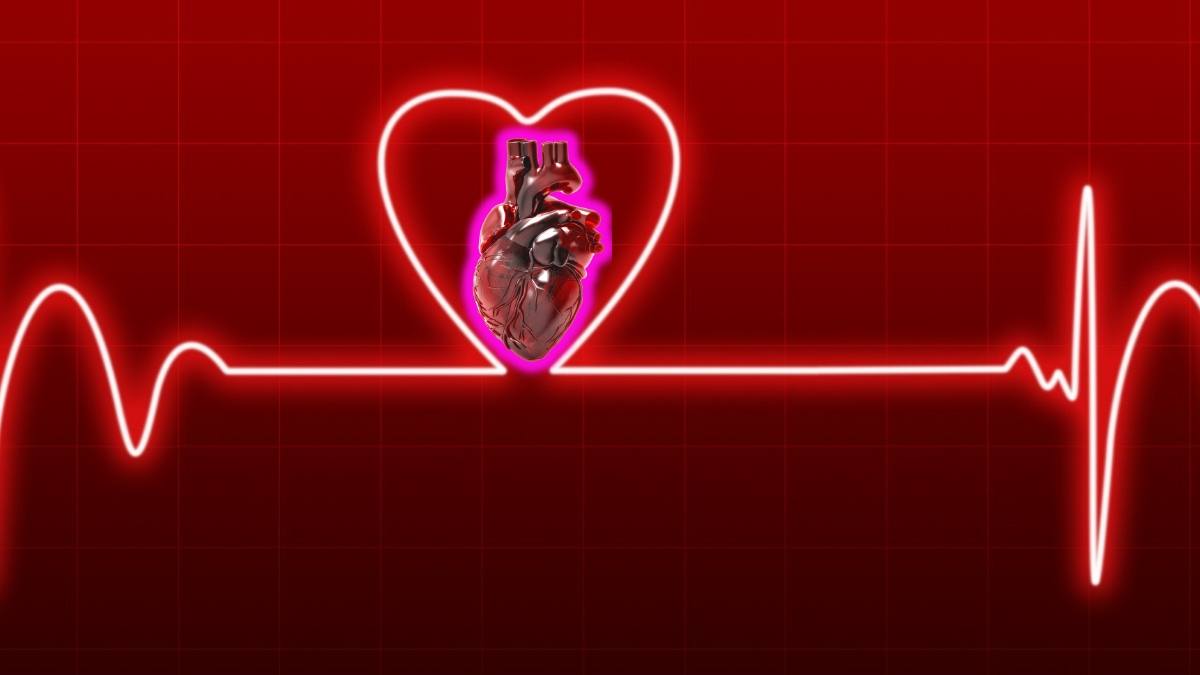Ten Indications of an Unhealthy Heart to Look Out For
Understanding early symptoms when it comes to heart health can be crucial. Grasping the distinction between symptoms and signs is essential for a deeper comprehension of health and wellness.
Symptoms are the subjective sensations experienced by a patient that may indicate an illness. In the realm of medicine, signs stand out as the tangible indicators of a disease, meticulously observed and measured by healthcare professionals.
Here are ten warning indications of a sick heart that you should never disregard:
1. Uneasiness in the chest
Individuals frequently articulate their experience of chest discomfort in terms of uneasiness, heaviness, tightness, or a squeezing sensation, especially when engaging in physical activity. The discomfort may extend to the neck, back, or shoulders, often accompanied by episodes of sweating.
2. Experiencing Shortness of Breath
Experiencing ongoing breathlessness or a sudden struggle to breathe, particularly during activities like climbing stairs or even while resting, could be indicative of heart failure and necessitates immediate attention.
3. Palpitations
When it comes to heart health, a heart rate dipping below 50 beats per minute or soaring above 120 beats per minute could signal the need for prompt medical attention.
4. Syncope or Dizziness: A Closer Look
Experiencing a fleeting loss of consciousness or an unexpected bout of dizziness, particularly during physical activity or when reclining, could indicate an underlying heart condition. This may encompass heart valve disease, arrhythmias, or other structural anomalies within the heart.
5. Weariness
The sudden onset of fatigue during activities, particularly those that were once effortless, may indicate underlying heart failure or valve complications. When everyday activities like getting dressed or taking a stroll start to feel overwhelming, it may be the right moment to seek the expertise of a cardiologist.
6. Swelling
Heart failure may be indicated by lower limb oedema or widespread body swelling brought on by fluid retention.
7. Cold Perspiration
Unexplained cold sweats, whether accompanied by chest pain or not, may serve as a singular indicator of a heart attack or heart failure.
8. Prolonged Cough
A persistent cough that intensifies when reclining, particularly accompanied by pink frothy sputum or traces of blood, may signal underlying heart issues.
9. Discolouration that is bluish
Bluish skin or nail discolouration serves as a telltale sign of low oxygen levels in the blood, frequently signalling a serious issue with the heart or lungs.
10. Abrupt Collapse
When faced with a sudden loss of responsiveness, the absence of a pulse, and a lack of breathing, one must be aware that these signs could point to a cardiac arrest situation. In critical situations, the prompt initiation of cardiopulmonary resuscitation (CPR) proves to be vital.
Identifying these symptoms at an early stage and obtaining timely medical care can be a lifesaving decision. Should you notice any of these symptoms, it is crucial to seek the expertise of a cardiologist without delay.
Attention readers: This piece serves as a source of information only and should not be considered a replacement for professional medical guidance. It’s essential to consult your physician whenever you have enquiries regarding a medical condition. Your health is paramount, and professional guidance is key to understanding your concerns.
Disclaimer: The WFY website aims to share experiences, opinions, and information on various topics. However, it is important to note that the author of this blog does not possess any professional authority or expertise, especially in subjects related to health, medical advice, or legal matters. The information provided on this website is based on personal experiences, research, and general knowledge. While we strive to provide accurate and up-to-date information, we cannot guarantee the completeness, reliability, or accuracy of the content. Therefore, any action you take based on the information found on this blog is at your own risk. The contents of this blog should not be considered a substitute for professional advice or consultation from experts in the respective fields. If you require specific advice or assistance, we strongly recommend consulting with a qualified professional. The WFY (website) and its author will not be liable for any errors, omissions, or any losses, injuries, or damages arising from the use or reliance on the information presented on this blog. It is your responsibility to verify any information obtained from this blog and to use it at your own discretion. Please note that the opinions expressed in the articles and comments on this blog are those of the respective authors and do not necessarily reflect the views of the website owner or any associated individuals. By using this website, you acknowledge and agree to the above disclaimer. If you do not agree with this disclaimer, please refrain from using this website.
